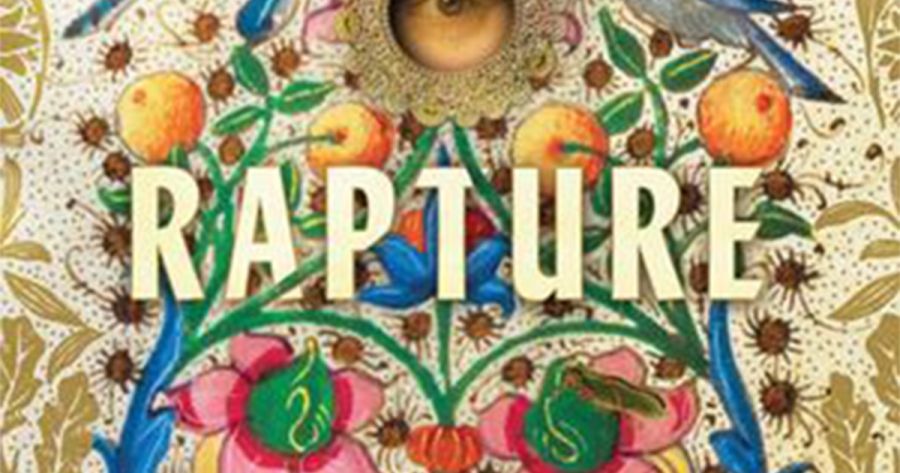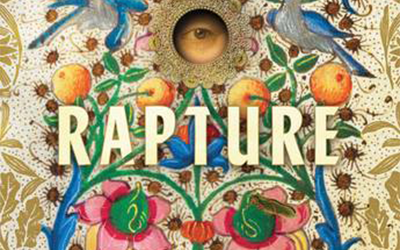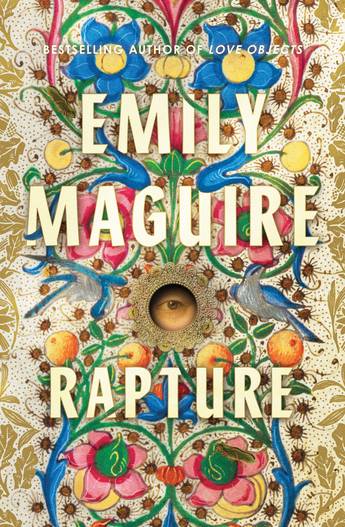
- Free Article: No
- Contents Category: Fiction
- Review Article: Yes
- Article Title: Impostor
- Article Subtitle: A twenty-first century ‘Pope Joan’
- Online Only: No
- Custom Highlight Text:
The story of the only female pope (to date) emerged in the thirteenth century, and for some time thereafter was widely disseminated in Europe. She was initially alleged to have lived in the twelfth century, but what would become the best-known version of the story placed her election as pope in the year 855. The pontificate of ‘John Anglicus’ was said to have lasted for approximately two and a half years, between those of Leo IV and Benedict III. The story, which may have originated as parody, flourished in credence. The head of ‘Johannes VIII, Femina de Anglia’ was included in a series of busts of the legitimate popes in the nave of the Cathedral of Siena until 1600, when Pope Clement VIII ordered its removal and formally declared that the impostor pope had never existed. With no contemporary evidence substantiating the audacious tale of ‘Pope Joan’, it appears to have been a kind of medieval urban legend. Despite this, her appeal to artists and writers persists, adaptations of the story including two film versions, novels, plays, and (premièring in 2011) a musical.
- Featured Image (400px * 250px):

- Alt Tag (Featured Image): Heather Neilson reviews ‘Rapture’ by Emily Maguire
- Book 1 Title: Rapture
- Book 1 Biblio: Allen & Unwin, $32.99pb, 320 pp
- Book 1 Cover Small (400 x 600):

- Book 1 Cover (800 x 1200):

Emily Maguire’s beautifully written seventh novel imagines the life of the apocryphal female pope from the ages of five to forty. Rapture begins with the author’s address to the reader. She explains that, although an historical novel may represent a departure from the contemporary settings of her earlier work, her concerns remain consistent: ‘identity, ambition, faith, patriarchy, sex’.
Growing up in Mainz, a prominent provincial city in the Frankish realm, the protagonist discerns very early that ‘men prefer their female saints sacrificial rather than heroic’. She has been named for Saint Agnes, who had pledged her virginity to the Christian God. Barely in adolescence, she was tortured and finally stabbed to death for the transgressions of refusing to submit to marriage and then proving invulnerable to an attempted gang-rape. The novel’s Agnes is the daughter of an Englishman, a former priest who had eccentrically married a girl whom he had impregnated in her pagan village rather than abandon her to her fate. Unfortunately, the new bride died in childbirth, leaving her daughter to learn about the world by eavesdropping from underneath the banquet table at which her father – a friend and confidant of the archbishop of Mainz – regularly hosts gatherings of prominent men.
Again defying convention, the ex-priest ensures that his daughter is educated and encourages her scholarly curiosity. However, when she reaches the age of twelve, he abruptly decides to arrange a marriage for her. Agnes dreads the cessation of her intellectual life but is even more terrified of the physical consequences.
And what of those it didn’t kill? Near every woman between fourteen and thirty treated worse than a milking cow, heaving through endless chores only to disappear for a month to recover from the shit-smeared body-tearing act of birth.
When she is soon thereafter rendered unmarriageable, her body badly scarred by a boar’s attack, Agnes gratefully attributes the incident to God’s higher plan.
Time passes until, one evening, her father is visited by an accomplished young Benedictine monk from the monastery of Fulda. To Agnes’s amazement, Brother Randulf asks his host if she might dine with them. Even more unsettlingly, he matter-of-factly asks her opinion concerning the Byzantine Emperor Theophilus’s new edict prohibiting the veneration of icons. Many years later, she still recalls with gratitude this moment, when she first ‘knew what it was for a man to treat her as a person and in doing so made it impossible she could ever tolerate anything else again’.
During Randulf’s occasional visits over the next two years, they develop a close friendship, inevitably eliciting disapproval. An ensuing crisis compels Agnes to persuade Randulf to take her to Fulda, disguised as an orphaned boy seeking admission to the order. Having anticipated an idyllic world of scholarly companionship, ‘Brother John’ instead must endure an austere, lonely, and physically exhausting way of life – at least until she becomes the abbey’s most valuable scribe. After five years, a threat of exposure forces her to flee. Finding a more congenial home in a religious community near Athens, ‘Brother John’ acquires a reputation for wisdom and erudition. Eventually, ‘he’ will find his way to Rome, where his prowess as a teacher and his humble demeanour bring him to the attention of Pope Leo.
In the library of Fulda, Agnes had read the advice of Saint Jerome to a young girl of his acquaintance, namely to follow the path of asceticism and scholarship:
As long as woman is for birth and children […] she is different from men as body is from the soul. But when she wishes to serve Christ more than the world, she will cease to be a woman and will be called a man.
Agnes perceives Jerome’s counsel as a validation of her own decisions. However, in Athens she will be forced to reconsider his words by a kindly abbot who reveals that he had discerned her secret when they had first met. For the abbot, recognising that Agnes had never reconciled her conflicting desires, Jerome’s counsel is profoundly inadequate. In the context of the story, Jerome’s view of the potential of a woman to ‘cease to be a woman’ seems deceptively magnanimous – even enlightened. However, in her depiction of the trials and ultimately tragic fate of Agnes, Maguire repudiates the notion that a woman should be obliged to choose between the body, the mind, and the soul, simply for having been born female. Thus this evocative novel about the ninth century speaks gently but firmly to our present time.


Comments powered by CComment